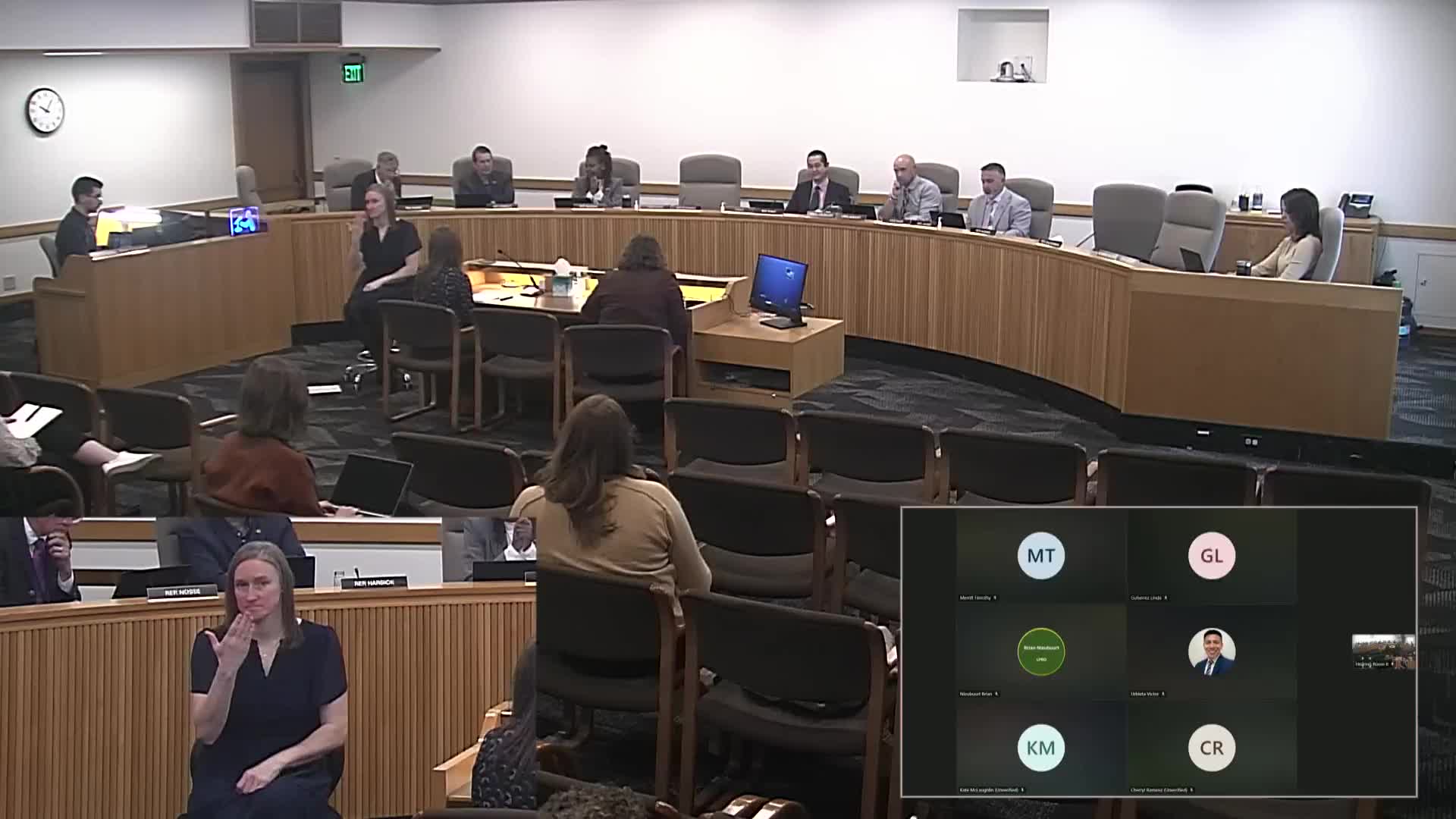Work group report urges OHA fixes to audits, COA data and rule clarity to reduce ‘admin burden’ on providers
Get AI-powered insights, summaries, and transcripts
Subscribe
Summary
A multi‑stakeholder TAB (tackling administrative burden) work group told the committee that duplicative audits, a nonfunctional COA databank and misapplied audit requirements created extra work for providers; members recommended a restored COA databank, annual listening sessions, clearer audit attribution and statutory cleanup via HB 4,092.
Provider, county and coordinated care representatives told the House committee that administrative complexity — not only workforce shortages — contributes to provider burnout and reduces time for patient care.
Heather Jeffress (Executive Director, Oregon Council for Behavioral Health) and Samantha Shepherd (CCO Oregon) summarized TAB’s cross‑system recommendations, tracing the work back to 2020 and the pandemic. TAB began as a collaborative forum among providers, counties, CCOs, OHA and courts to identify duplicative obligations and regulatory misalignment; the group’s work led to the introduction of HB 4,092 in 2024 and ongoing OHA adoption of many programmatic fixes.
A specific example: Shepherd described duplicative audits caused in part by the COA (Certificate of Approval) databank not functioning as statute intended — when the databank was unavailable, CCOs and auditors duplicated verification tasks. She said TAB recommended getting the COA databank working and ensuring audit findings are tied explicitly to statute, rule or contract to avoid auditors adding requirements (for example, requiring a signature on intake when no statute or rule mandated it).
Cheryl Ramirez (Association of Oregon Community Mental Health Programs) said TAB made progress on rule edits but could not reach consensus on major statutory changes such as modernizing ORS 436.030 (local mental health authority duties) because payment and resource responsibilities remain contested. Ramirez urged statutory cleanup and warned that federal IMD exclusion reform remains unlikely and the state must find creative solutions in the meantime.
Why it matters: TAB argued that clearer attribution of audit findings, annual cross‑system listening sessions, in‑agency training for program staff and maintenance of central provider databanks would reduce unnecessary provider burden and free time for patient care.
Next steps: TAB has included unresolved statutory items in a legislative concept for an upcoming short session bill and will continue to work with OHA on rule changes. OHA staff accepted several TAB recommendations and moved many into project plans in 2023; TAB asked the committee to continue legislative attention to outstanding statutory clarifications.
